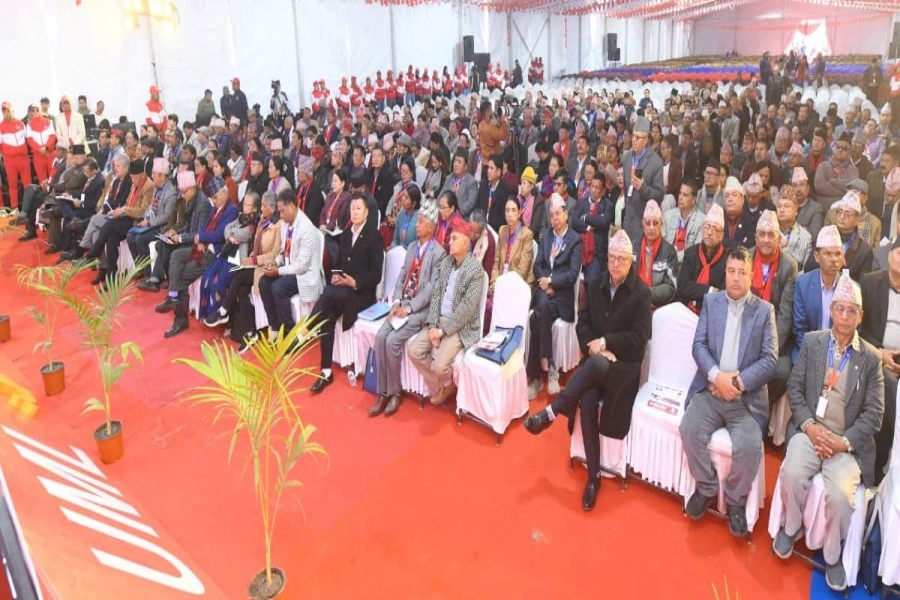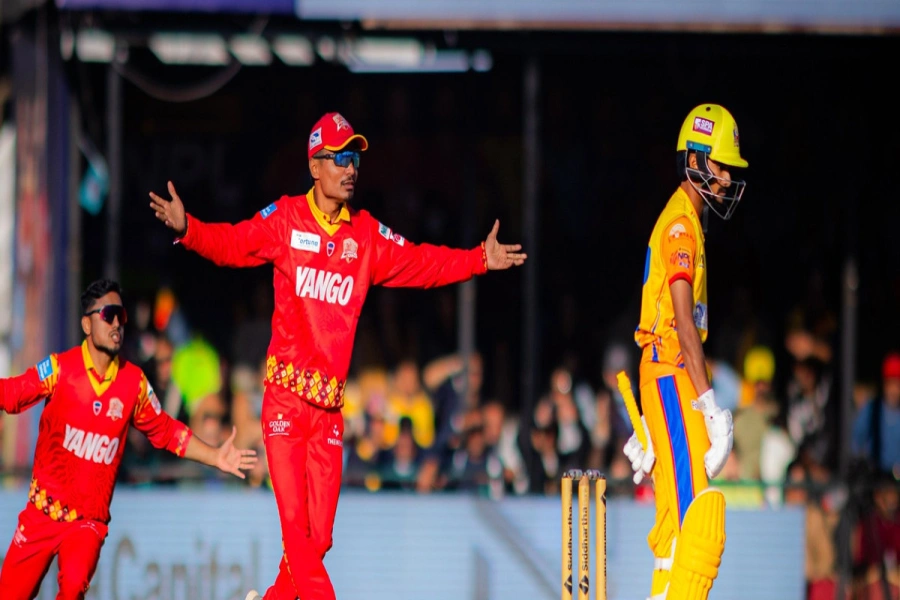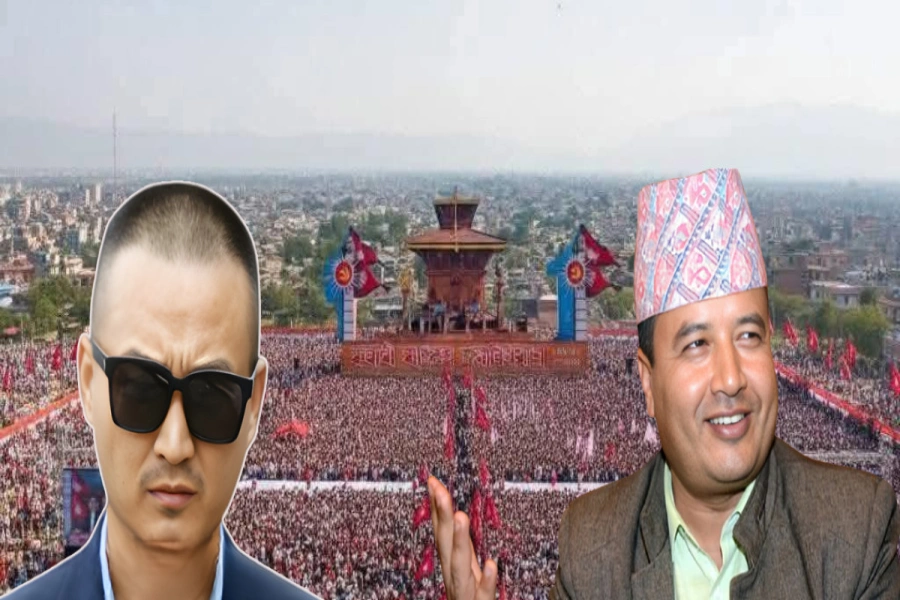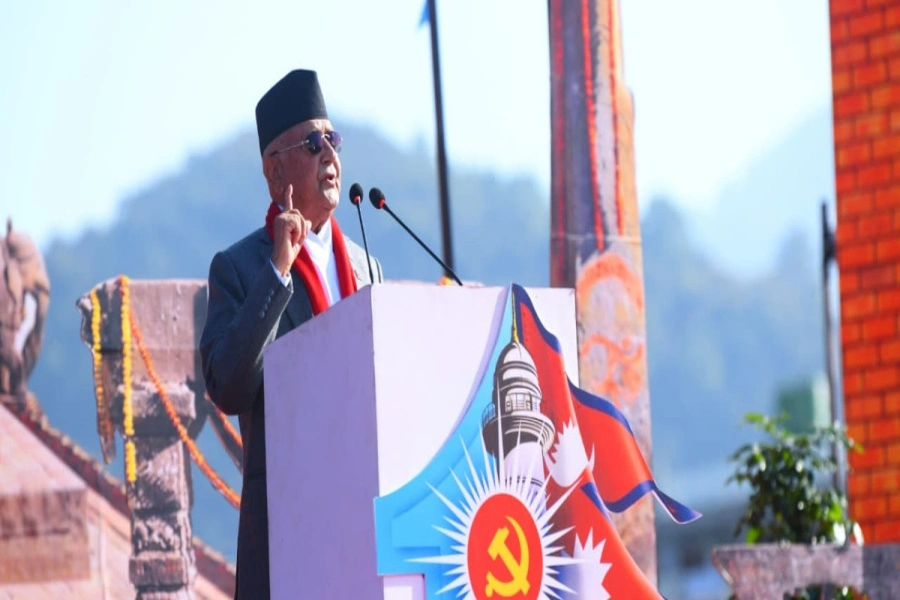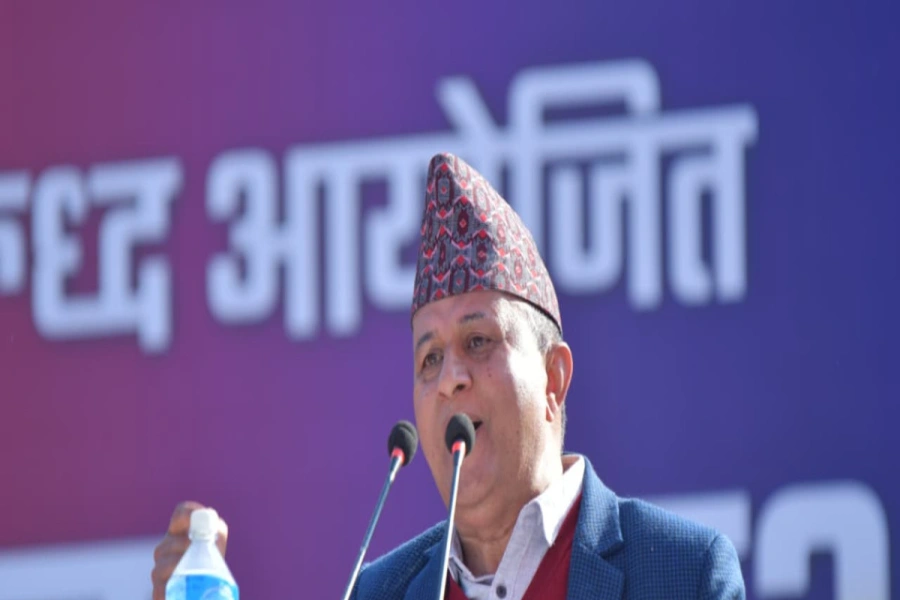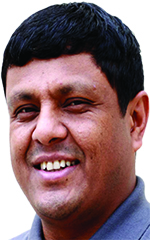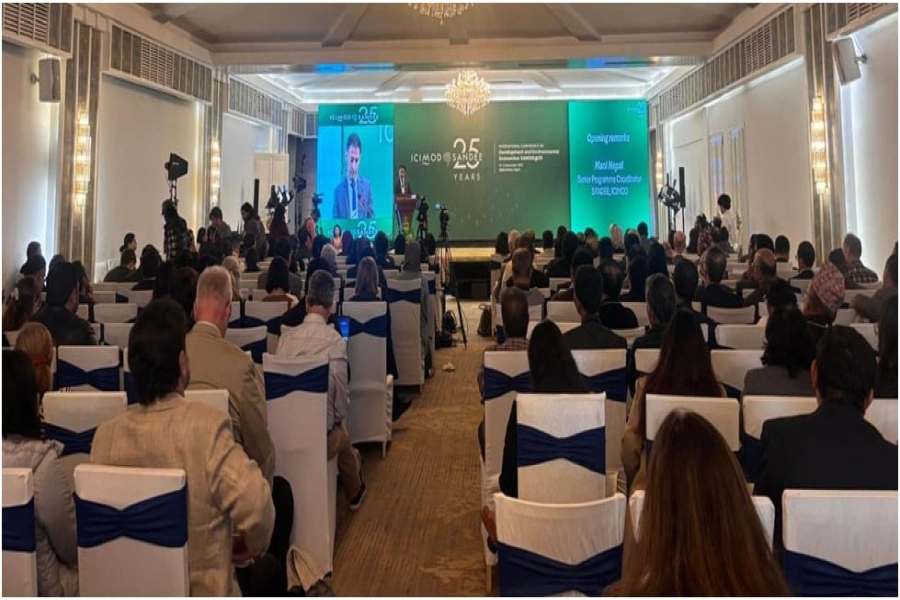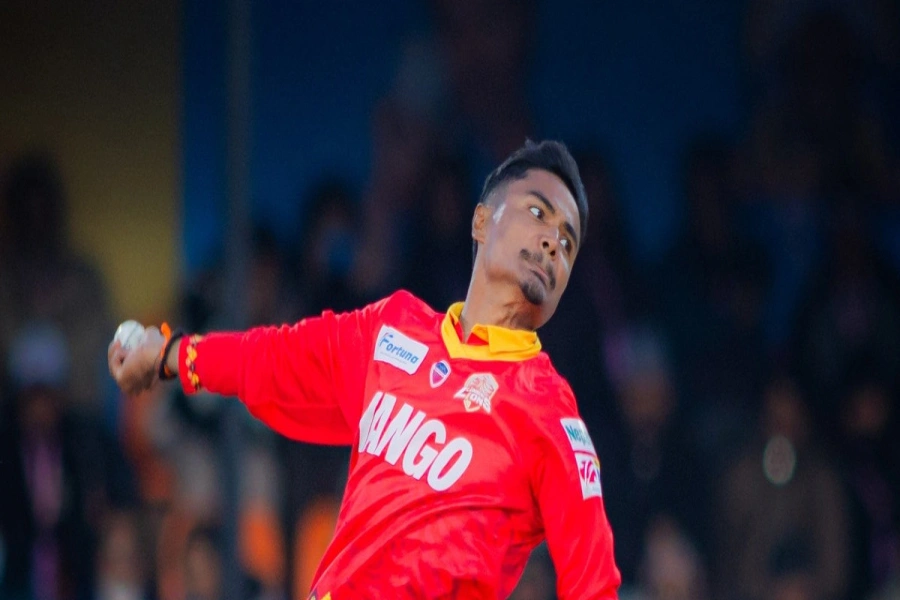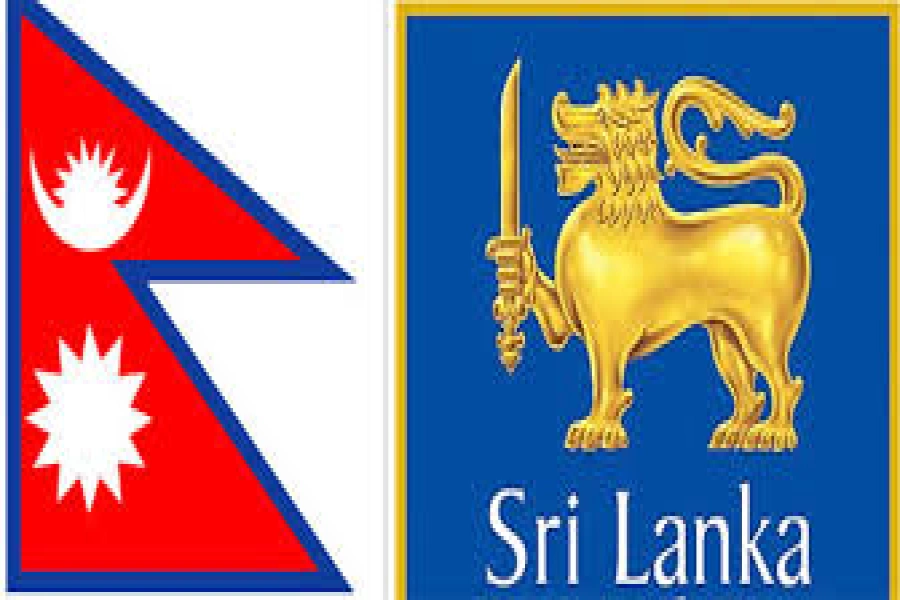Constitutional expert Bhimarjun Acharya has been consistently maintaining that the Constituent Assembly won't be able to deliver a constitution with federalism.
Making a great first impression at an interview

How does he evaluate the draft constitution and prospects of timely constitution after the 16-point deal? Mahabir Paudyal caught up with him on Thursday afternoon.
There have been many critics of draft constitution. Is it that bad?We evaluate the strength of a constitution based on three basic criteria: process of making it, its content and the values it carries. Our constitutional process was supposed to be participatory, but it was not. As for content, it reads more like a document containing various political declarations than a constitution. In other words, it is like a combined manifesto of political parties. And it is not clear what values it wants to uphold. A constitution is the manifesto of people's will. The draft constitution does not reflect this. Let me give you an example, from Clause (3) of Article 54. It states that the economic objective of the state shall be to develop "socialism-oriented economy." And if you look into the preamble you will come across "commitment to create bases of socialism." It is political language. You do not include political agenda of a certain party or a group in the preamble. The draft has more political slogans than constitutional points.
Given that this is a document of political compromise, shouldn't such flaws be taken as normal?
If you keep such provisions in the constitution, it will be very hard to implement them. Constitution is a prescriptive document, not a descriptive one. In descriptive constitution you have a long list of powers and rights but you cannot implement it. Very few countries in the world have been able to implement descriptive constitution. Those who tried have failed. Bolivia has the longest constitution with 500 Articles, and so also one of the least effective constitutions. Indian constitution has 395 Articles, and it too is hard to implement, and has been amended hundreds of times. Venezuelan constitution has 350 Articles and this is their 27th constitution. On the other hand, countries with short and prescriptive constitutions have done well. American constitution consists of seven Articles, Canada's 60 Articles and France and Australia also have short constitutions. Our draft constitution has 300 Articles with several language errors. You have jatiya chhuwachhut, bargiya chhuwachhut, bhasik chhuwachhut and laingik chhuwachhut (untouchability based on race/caste, class, language and sex). What does this mean? There is no linguistic and class untouchability in practice. The draft reflects clear lack of drafting skills.
What do you think contributed to such errors?
One reason is that political leaders wanted to take all the credit for constitution. They prepared the draft. They did not consult constitutional experts. A constitution is written either through expert method or participatory method. Nepal chose to adopt participatory method in which both process and content are given equal importance for greater legitimacy. They may have focused on content but they ignored the process. In participatory method, politicians and representatives give political concepts which will be translated into constitutional points by a technical committee. Nothing like this happened in Nepal.
This is how it works. Say, a lawmaker from Jumla draws the attention of CA towards food crisis in Jumla. The technical committee will address his concern by ensuring 'right to food' in the constitution. Our leaders acted like constitutional experts and mentioned "food sovereignty," which is more a political than a constitutional language. Leaders claim they had to address the aspirations of all sections. But neither Dalits, nor Madheshis or Janajatis are happy with this draft. There are so many flaws that it is hard to defend it, even for a person like me who has been supporting the process and who even spoke against the Supreme Court stay order on the 16-point deal.
But surely there must be something good about the draft constitution.
There are. The content under 'rights' has been increased. You have 32 fundamental rights in this draft. Perhaps this is the longest bill of rights in the world. While this is positive, I must also tell you that some of the rights are impossible to grant. Some provisions have been copied ditto from 1990 constitution. The only difference is that you have 'President' written in place of 'King.' There are provisions to ensure government stability but also clauses to render such provisions ineffective. Bad aspects of the draft constitution vastly outnumber its good aspects.
People have suggested a number of changes in the draft during feedback collection. Will the parties be obliged to accommodate them?
Like I said, both process and content are important in participatory method of constitution making. If you fail in one, the constitution won't be legitimate. If CA's two-thirds majority endorses the draft in its current form, it will be perfectly legal. But unless larger constituencies of people also endorse it, it won't be legitimate. Legitimacy and legality are of equal importance. People have given contradictory views on form of governance, election of ward chief, educational qualification of lawmakers and ministers, punitive measures against rape, province delineation and status of religion, among other things. If the parties do not accommodate these concerns and make necessary changes in line with people's feedback, the new constitution won't have popular legitimacy.
So what can the parties do to add to the constitution's legitimacy?
First, they need to make people's feedback public, issue by issue. People should know how they responded to contentious issues. The parties should process all feedback and make findings public. Having done so, they should accommodate people's vital concerns as far as possible.
People have spoken for and against secularism. Political parties may go for 'religious freedom' to balance both views. There is also a voice for settling naming and delineation of provinces before the constitution. If the parties do this, there is little chance of the CA delivering constitution. Naming and delineation are such complicated issues, the parties won't be able to resolve them. So the practical thing would be to bring a constitution by honoring people's feedback and to gradually work on federalism. Countries often take a long time to settle federalism. Belgium started it in 1970s, but could only resolve the issue in 1992.
But there is a strong voice in favor of naming and delineation of provinces prior to the promulgation of new constitution.
In that case, there will be no constitution. We may then have to dissolve this process and look for other options.
What will that be?
Assign constitution drafting to a committee of experts and let the parliament deliberate and endorse it. I do not believe our leaders are capable of bringing a constitution with naming and delineation settled. If they were, we would already have had a constitution. Study the history of the countries that tried to write a federal constitution. You will find that very few have succeeded. It will be impossible to bring a constitution with both naming and delineation settled. Another option is to let the CA serve out its full term but even then there is a slim chance of success. My research suggests Nepal won't be able to have a constitution with federalism.
So then federalism was a mistake?
It was a political, legal and historical blunder to adopt federal system. Nepal does not have any of the prerequisites (such as disintegrated states, rule of law, statesmanship and leadership, democratic culture and economic viability) for federalism. Federalism is antithesis to inclusive state and diversity. It will be impossible to get a constitution with federalism. So either you choose federalism or you choose constitution. You cannot have both. There are 26 federal countries in the world and federalism has become successful only in countries that were earlier in a state of disunion or disintegration. Countries that went for federal set up without taking into account those prerequisites have failed. Sudan, Ethiopia and Nigeria are such examples. It is unnatural for a unitary state to turn into a federal state. Belgium, Nigeria, Ethiopia and Sudan did so and so they all failed. I claim that federalism in Nepal is bound to fail.
There is widespread criticism on citizenship provisions, which are said to be discriminatory, particularly towards women. Is that the case?
There are problems. There are no uniform standards on citizenships. It depends on the context and geopolitical situation of each country. In our context, we need to be rigid rather than flexible on citizenship but we must not discriminate fellow Nepalis either. The problem started when 'father and mother' was retained in draft constitution instead of 'father or mother' in the Interim Constitution. This should not have happened. But there is even more troubling provision that many have not noticed. In Clause (2) of Article 12, there is a provision for granting citizenship by descent to the child whose parents acquired Nepali citizenship by birth before the "commencement of this constitution." This will include children of those who got citizenship after 2007. They can now get citizenship by descent in the name of father or mother. In Article 282, there is a provision whereby a person having citizenship by descent can be nominated, elected and appointed as the President and Prime Minister. There seems to be clever deception here. Such provisions increase the fear of Fijikaran of Nepal.
Do you see the possibility of the constitutional process taking a different turn after the New Delhi visit of our leaders and following people's feedback?
There are clear signs of deviation. People's feedback has literally reversed premises of the 16-point deal. Leaders thought they were entitled to settle all issues and feedback was only formality. People challenged this notion. They have responded in such a way that you have to address their concerns but you cannot address them all. Then there is Delhi's message. Modi's administration seems to have given a clear message regarding secularism and naming and delineation of provinces. All this has undermined the spirit of the 16-point deal. It is possible that 16-point idea will be diluted in the next few days and country will take a different course. For the moment, the possibility of constitution by mid-August is over. Delhi's message and people's feedback have made things more complicated for the parties. Delhi seems to want that Nepal takes more time to make its constitution. It is up to Nepali leaders to decide whether to work as puppets or work according to people's aspirations.




